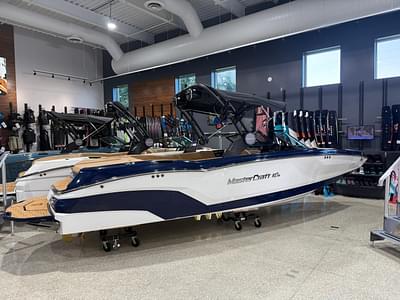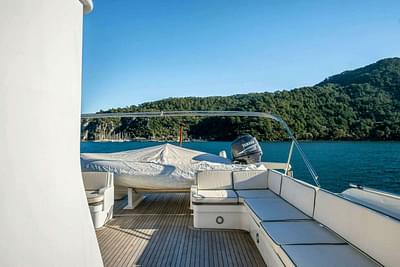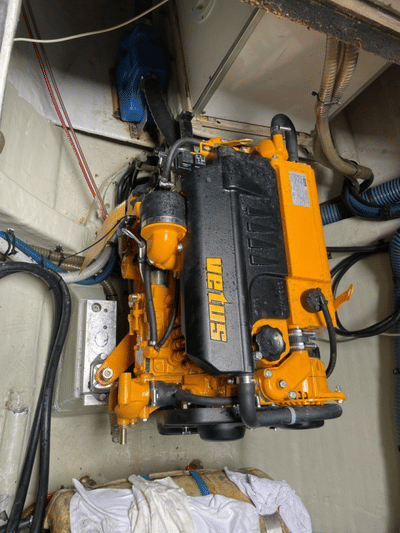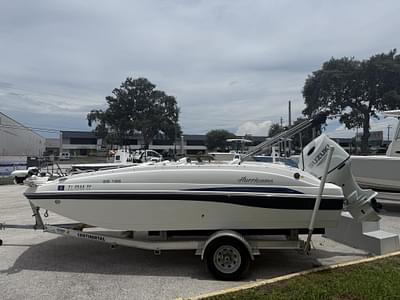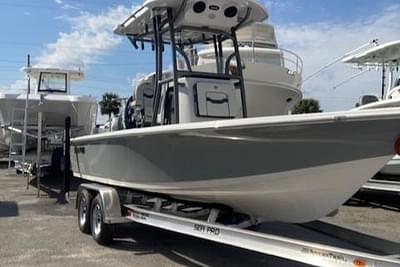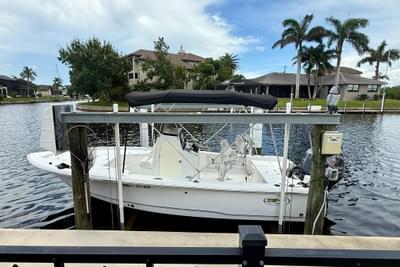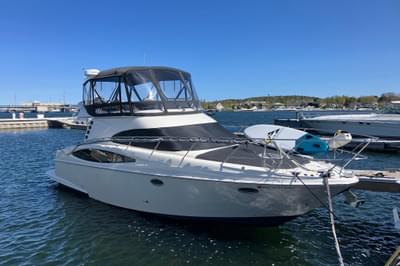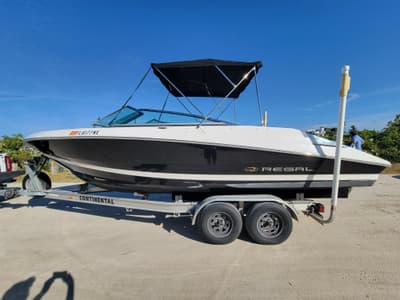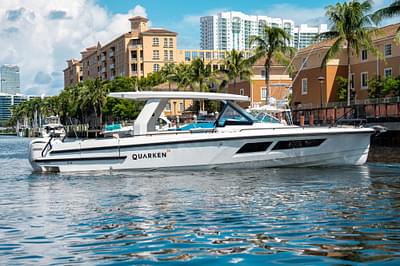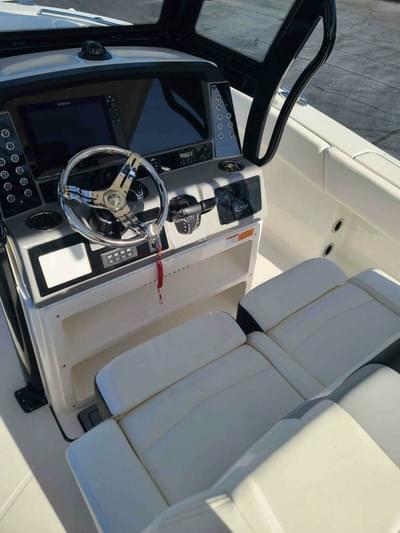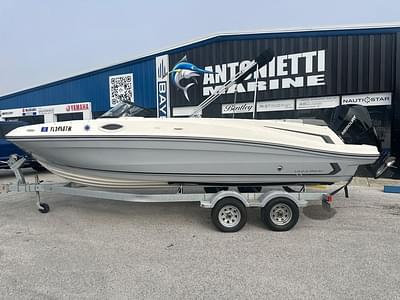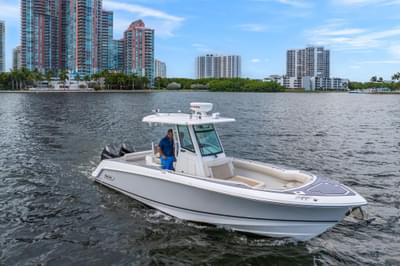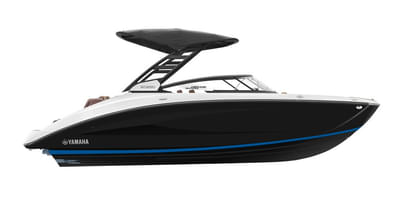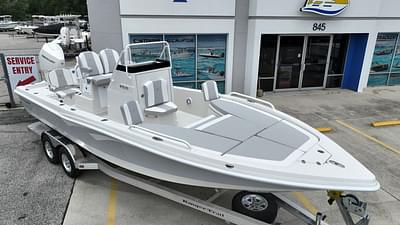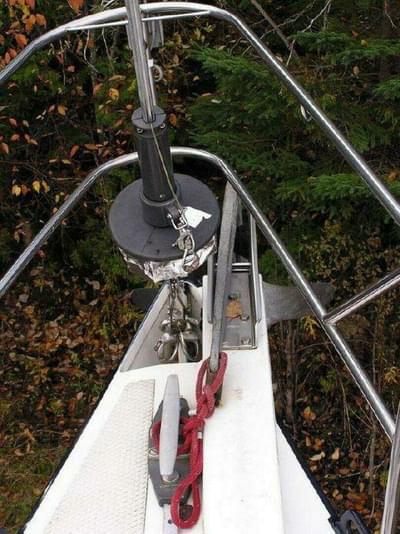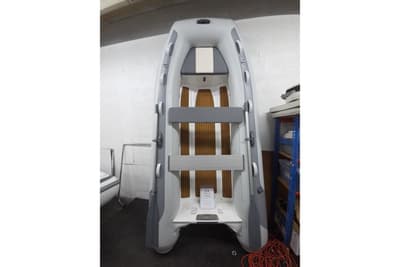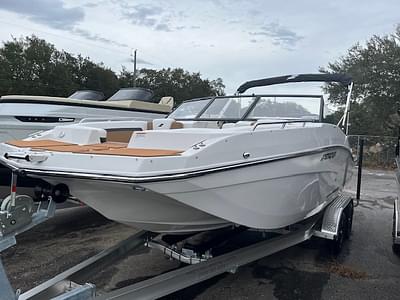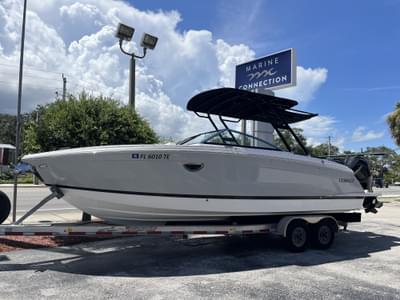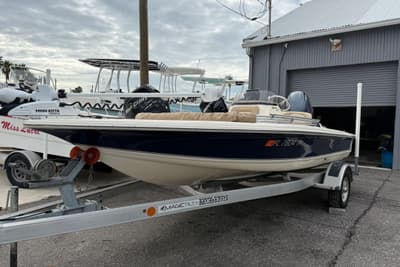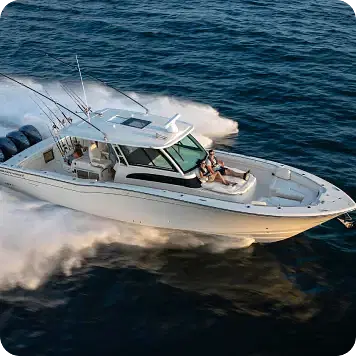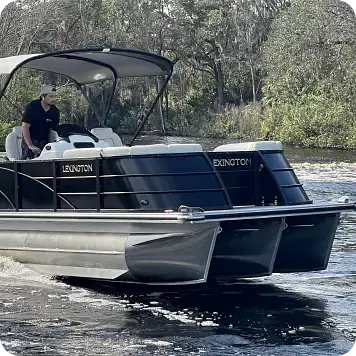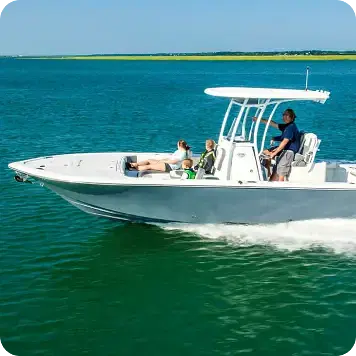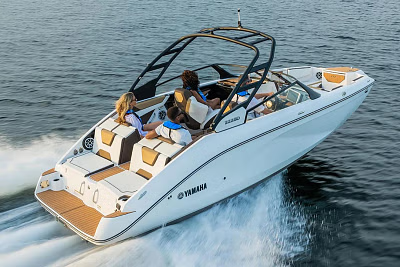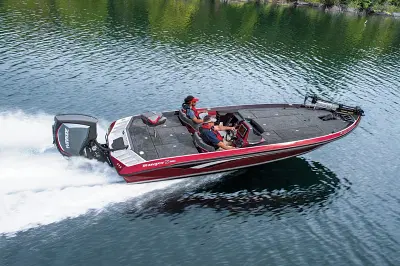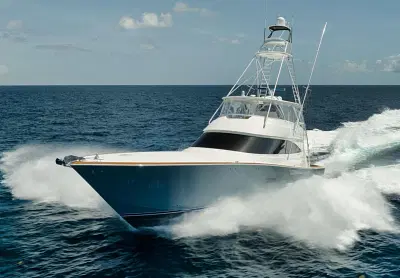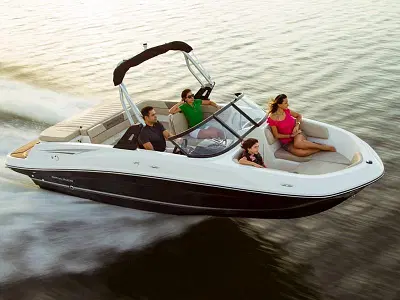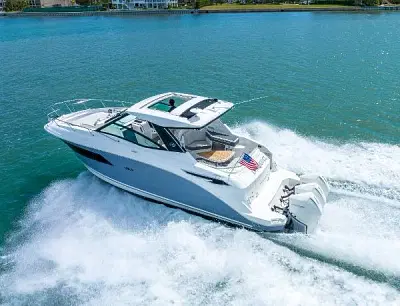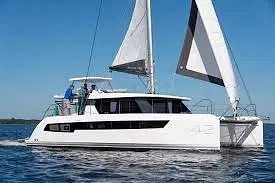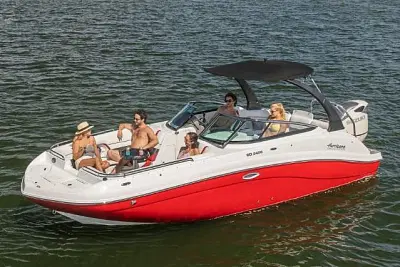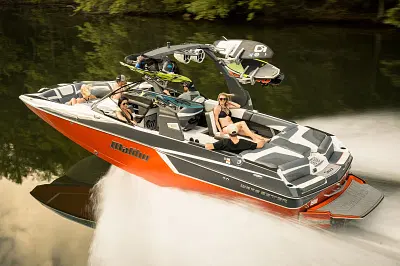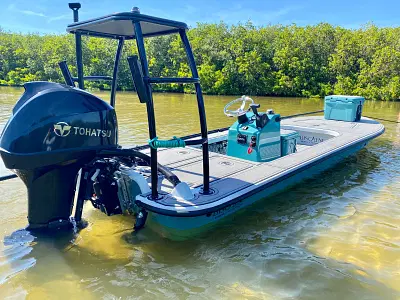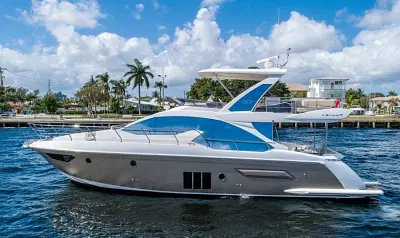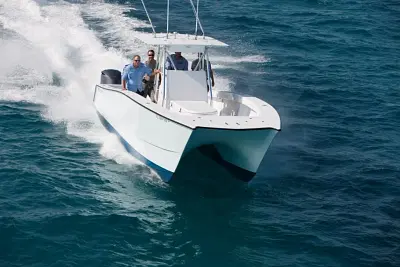How To Purchase a Boat in Florida
Buying a boat can be a stressful process, especially if you are buying a used boat or from a private seller in Florida. Typically, when you buy a boat from a dealer, you can have some confidence that that boat was maintained and certified for a resale. However, buying a boat for sale by owner...how do you know this is true?
A private seller may be more motivated to sell the boat and give you a better price than a dealer would have. Buying a boat for sale by owner in Florida requires you to be a little experienced and "boat savvy" to see possible issues that may arise. Because once you leave that parking lot with a boat for sale by owner, you're on your own with no warranty.
With all that said, download the Florida Boat Buyer's Checklist to assist you on buying your boat with confidence.
Download Florida Boat Buyer's Checklist
Do I need to register my boat in Florida?
Yes, you need to register your boat in Florida if it meets the following requirements below.
- All motorized boats, regardless of length, must be registered and titled in Florida.
- Any non-motorized boat that is 16 feet or longer also requires registration and titling in Florida
Below are a few exemptions when you do not need to register or title a boat in Florida.
- Boats operated and used exclusively on private lakes or ponds.
- Non-motorized vessels less than 16 feet in length.
- All canoes, kayaks, or row boats that are powered by hand.
How and where do I register a boat in Florida?
You can register your boat at any county tax collector's office or any license plate agency in Florida. You can find a list of locations by visiting the Florida Department of Highway Safety and Motor Vehicles (FLHSMV) website:
Website: https://www.flhsmv.gov/motor-vehicles-tags-titles/vessels/vessel-titling-registrations/
Phone: 1-850-922-5979
How much does it cost to register a boat in Florida?
The costs of registering your boat in Florida vary depending primarily on the length of the vessel. Registration fees can range from $5.50 for a boat less than 12 feet then ranging higher for larger size boats. There might also be a title fee between $8 - $15 and sales tax fee of 6% of the selling price plus 1% of the first $5000.
Do I need a boating license in Florida?
Florida doesn't require a "boating license" as you would need for driving a car. However, there are boating safety education classes and requirements that apply to most boat owners.
Who is required to have a boater safety education card:
- Anyone born on or after January 1, 1988, who wants to own and operate a motorized boat of 10hp or more in Florida must complete a boater safety course and obtain a Boating Safety Education Identification Card.
Who does not need a boater safety education card:
- Anyone born before January 1, 1988 are exempt from the educational requirement.
- Owners and operators of non-motorized boats or motorized boats under 10hp do not need a safety or education card.
How do I get a boating license in Florida?
So, it is not really a "license", but you can complete a boating safety education course and obtain a Boating Safety Education Identification Card (BSEID).
How to get a BSEID:
- You can choose to do online, or in-person courses approved by the Florida Fish and Wildlife Conservation Commission (FWC).
A list of approved courses can be found here: https://myfwc.com/boating/safety-education/courses/
- Each course provider has exam that must pass.
- Upon passing your exam, most online courses allow you to print a temporary certificate immediately or if you did an in-person exam you may receive a certificate at the training facility.
- Your official BSEID card will arrive by mail within 2-3 weeks.
Additional resources:
FWC Boating Safety Education page: https://myfwc.com/boating/safety-education/
How much is boat storage in Florida?
Boat storage costs in Florida vary based on the type of storage, the boating season, as well as the location of the storage. Below are some average prices of boat storage in Florida.
- Dry Stack Storage: ranging from $8-$18 per foot per month. Dry stack offers protection from theft, elements, as well as storms.
- Wet Slip Storage: ranging from $5-$30 per foot per month. Keeps your boat in the water, but less secure than a dry stack storage.
- Trailer Storage: ranging from $30-$100 per month. Require transporting your boat yourself.
Keep in mind, larger boats naturally cost more to store and coastal areas are generally more expensive than inland locations.
Is boat insurance required in Florida?
Boat insurance is not legally required in Florida. But if you obtain a boat loan and finance a boat, a lender will typically require you to have insurance to protect their investment. Also, if you plan to store your boat at a marina, the marina may also require insurance if you dock your boat at their facility.
While boat insurance is not required in Florida, it is highly recommended to have insurance. Boat insurance can cover theft, physical boat damage, hurricanes or storms, and medical coverage for you and your loved ones.
Inspecting a boat & sea trial tips
After narrowing down your search, now it is time to schedule an in-person boat inspection. If it is a used boat, we recommend bringing a certified mechanic with you and always conduct an engine compression test. Depending on the type of boat, we also recommend conducting a proper sea trial on the water as well.
During the inspection, evaluate the boat’s structure, engine, bilge components, and electrical systems. We put a few tips below:
Take your time and turn everything on and off. Depending on the type of boat, this can include light switches, bilge switches, live well pumps, and windlass switches.
Walk around the boat and look for any “soft spots”
Look for signs of damage that could have come from an accident or even the boat sinking.
Take a 5-gallon bucket of water and pour it in the bilge to make sure all pumps and safety components works properly.
If conducting a sea trial, throttle the engine(s) to variable RPMs and pay close attention to the engines and how they sound. For example, throttle to 2500 RPMs, then 3000 RPMs, then 4000-4500 RPMs.
Buying a Florida boat required documents
Once you have negotiated the price, seen the boat in-person, and are happy with your inspection, now it is time to organize your purchase steps. First and foremost, make sure the boat dealer or private seller has a clean title for the boat. We outlined a few steps and provided sample documents below to ensure you are safely purchasing a boat in Florida.
Ask the boat seller to provide a Bill Of Sale. This is a simple document outlining the details of the boat purchase, price, and seller and buyer details. You can download a sample Bill of Sale document here: Sample Bill of Sale Download
The boat seller will have to provide the title to you for signing. This can also be done at a local tag agency to transfer the boat title to you as the new owner. Depending on the type of boat and size, you may have to pay registration fees and tax on the boat.
If you're buying from a private seller, confirm the private seller’s name is on the title and ask to see his or her driver’s license or ID.
Ask the dealer or boat seller for any boat, engine, or accessories documents, warranties, or maintenance records.

